The ties between India and Nepal, often described as “Roti Beti ka Rishta” (a bond of bread and daughters), reflect deep-rooted cultural, historical, and religious connections. These ties have now expanded into a dynamic economic partnership, particularly in the realm of business-to-business (B2B) engagements. Recent developments in Poorvanchal, Uttar Pradesh—a region bordering Nepal—have played a pivotal role in transforming this historic relationship into a modern economic collaboration.
Poorvanchal, historically underdeveloped, is now witnessing a surge in infrastructure projects that enhance connectivity with Nepal. Key developments like the 341-km Poorvanchal Expressway and the Gorakhpur Link Expressway have drastically reduced travel time between eastern Uttar Pradesh and the Nepalese border. These highways have streamlined the movement of goods and passengers, fostering increased trade and business opportunities.
The region’s enhanced transportation network has also led to cost reductions in logistics. Essential goods such as rice, sugar, and wheat from Poorvanchal now reach Nepal faster, while Nepali products like tea, cardamom, and timber arrive in Indian markets with fewer delays, benefiting both nations economically.
The newly inaugurated Kushinagar International Airport is another milestone, serving not just as a hub for religious tourism but also as a vital link for business. Entrepreneurs from Nepali regions such as Lumbini and Bhairahawa can now easily connect with Indian industrial hubs in Poorvanchal. Improved facilities at the Sunauli border, including better roads, customs digitization, and faster clearance processes, have further streamlined trade. Goods such as Nepalese herbal medicines and Indian FMCG products are now moving across the border with greater efficiency.
Poorvanchal’s strong agricultural output—wheat, rice, and sugarcane—meets Nepal’s import demands, while improved transport ensures cost-effective and timely delivery. In return, Nepal exports ginger, herbs, and fresh vegetables to India. The enhanced logistics have allowed Nepali farmers to access Indian markets faster, securing better prices for their produce.
The establishment of industrial zones like the Gorakhpur Industrial Development Authority (GIDA) is turning Poorvanchal into a manufacturing hub. Nepalese industries in timber, herbal products, and semi-processed goods are poised to integrate into this growing industrial ecosystem.
Additionally, India’s digital payment systems, such as the Unified Payments Interface (UPI), are being adopted in Nepal, enabling Nepali businesses to participate in India’s expanding e-commerce sector. For instance, Nepali craft sellers can now reach Indian consumers through platforms like Amazon and Flipkart, leveraging digital payment gateways.
Educational institutions in Poorvanchal, such as those in Gorakhpur and Varanasi, are collaborating with Nepal to provide skill development in IT, healthcare, and logistics. These initiatives equip Nepalese students with the expertise needed to contribute to industries in both countries, further strengthening economic ties.
Despite these advancements, challenges remain. India exports significantly more to Nepal than it imports, creating a trade imbalance. Addressing this gap requires preferential trade agreements for Nepalese products like tea, herbs, and handicrafts. Border congestion at checkpoints such as Sunauli continues to be a bottleneck, highlighting the need for expanded facilities and greater digitization.
The shared Tarai region of Poorvanchal and Nepal forms a unique “bioregion” with cultural and natural convergences. Rivers, shared ecosystems, and Buddhist heritage sites such as Kapilvastu and Sarnath underline the region’s interconnectedness. By aligning policies and institutionalizing B2B relations, both nations can unlock the full potential of this area, paving the way for a transformative partnership in the 21st century.
India-Nepal relations, rooted in history, are now evolving into a forward-looking economic alliance. With strategic investments in infrastructure, trade facilitation, and digital integration, the two countries are poised to deepen their partnership. Coordinated efforts from both governments will be crucial in institutionalizing these ties, ensuring mutual growth and prosperity.
Harsh Pandey is a PhD Candidate at the School of International Studies, Jawaharlal Nehru University, New Delhi.



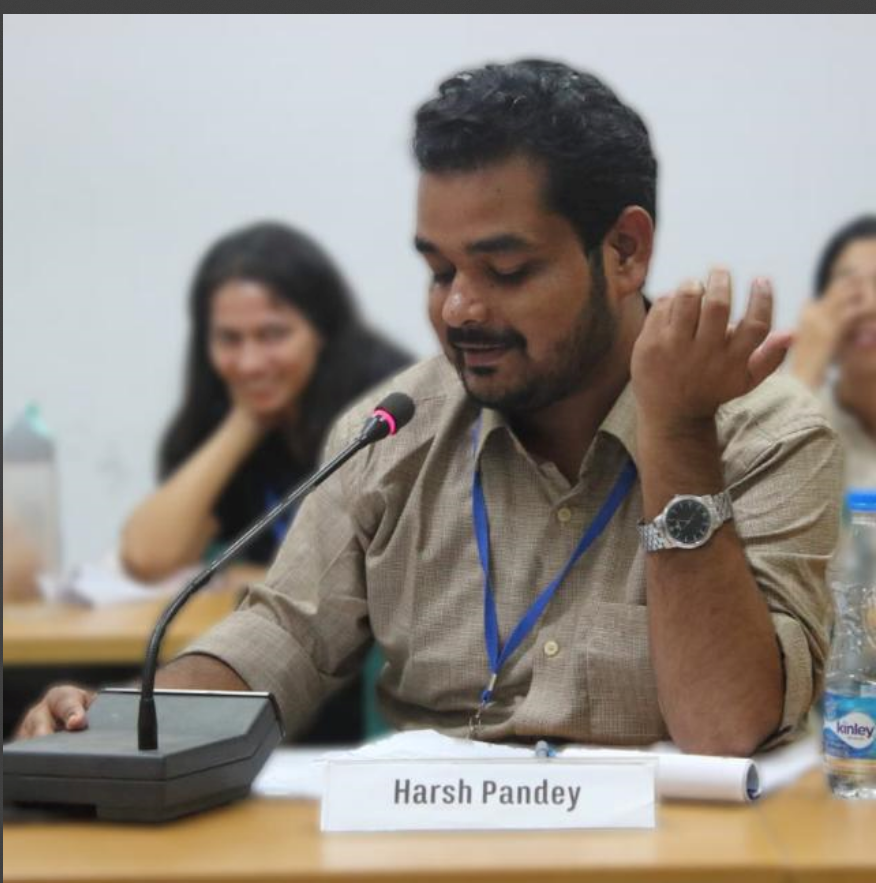
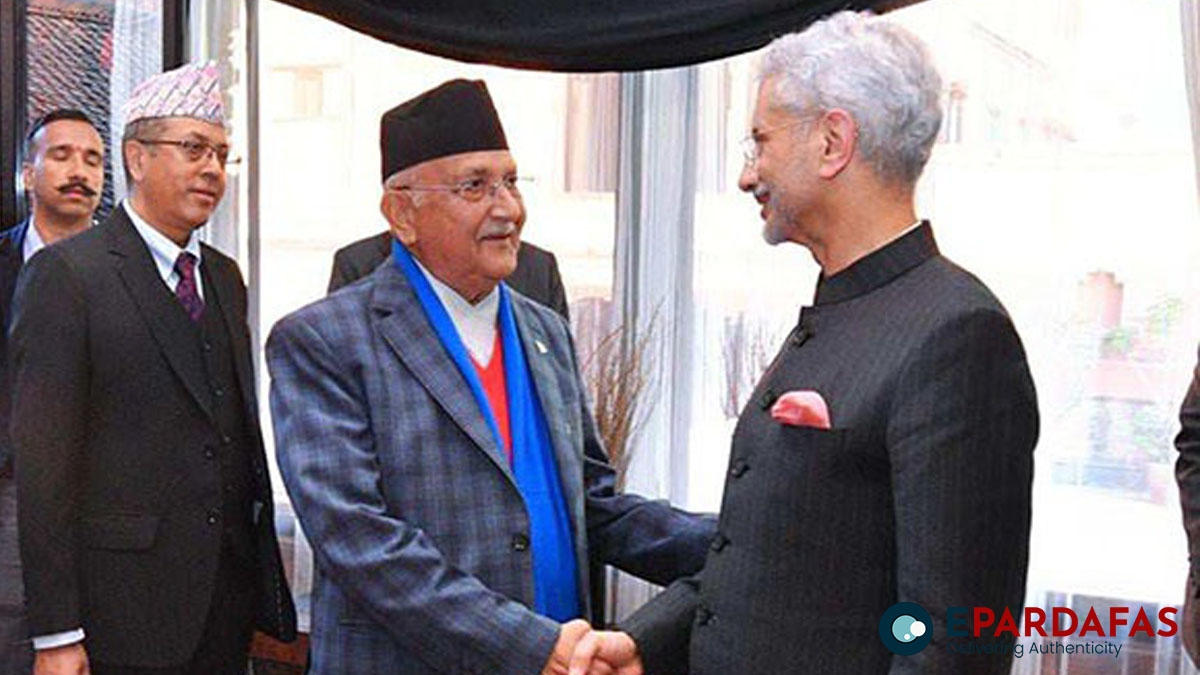


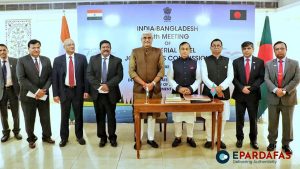
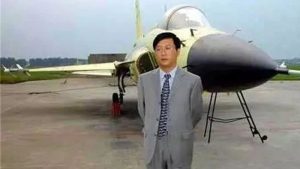
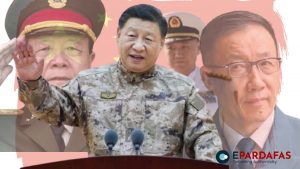
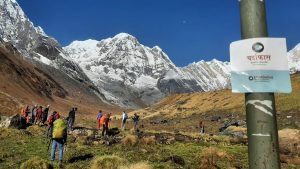
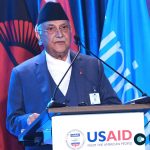



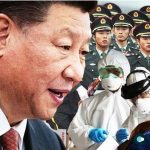

Comments